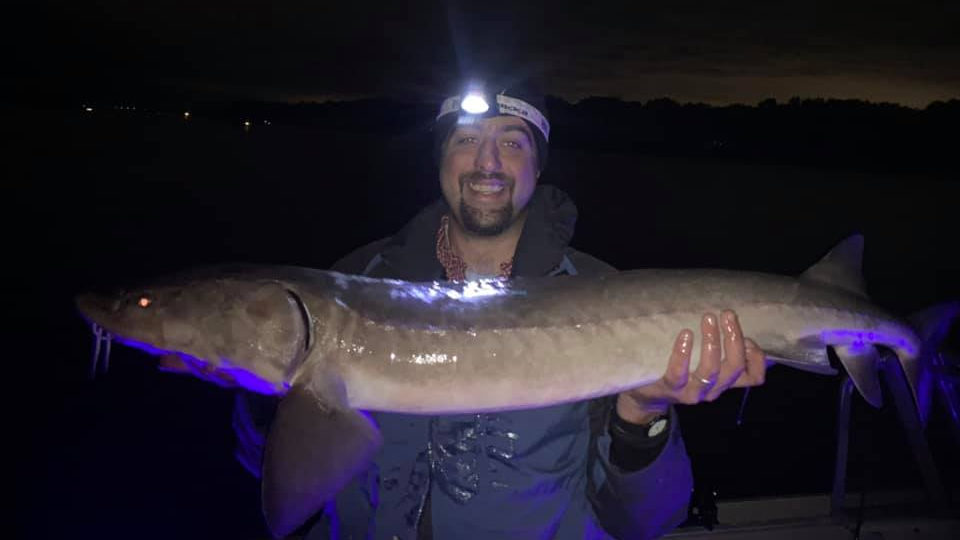
M Tajbakhsh
Joined Jun 2020
Hunter, Fisherman and Gatherer from Minnesota
Discussions
Reply to: Newbie prepper
Posted June 11, 2020
Reply to: What three firearms would you have for prepping?
Posted June 10, 2020
Reply to: Newbie prepper
Posted June 10, 2020
No activity yet.
Reply to: Newbie prepper
Posted June 11, 2020
Reply to: What three firearms would you have for prepping?
Posted June 10, 2020
Reply to: Newbie prepper
Posted June 10, 2020